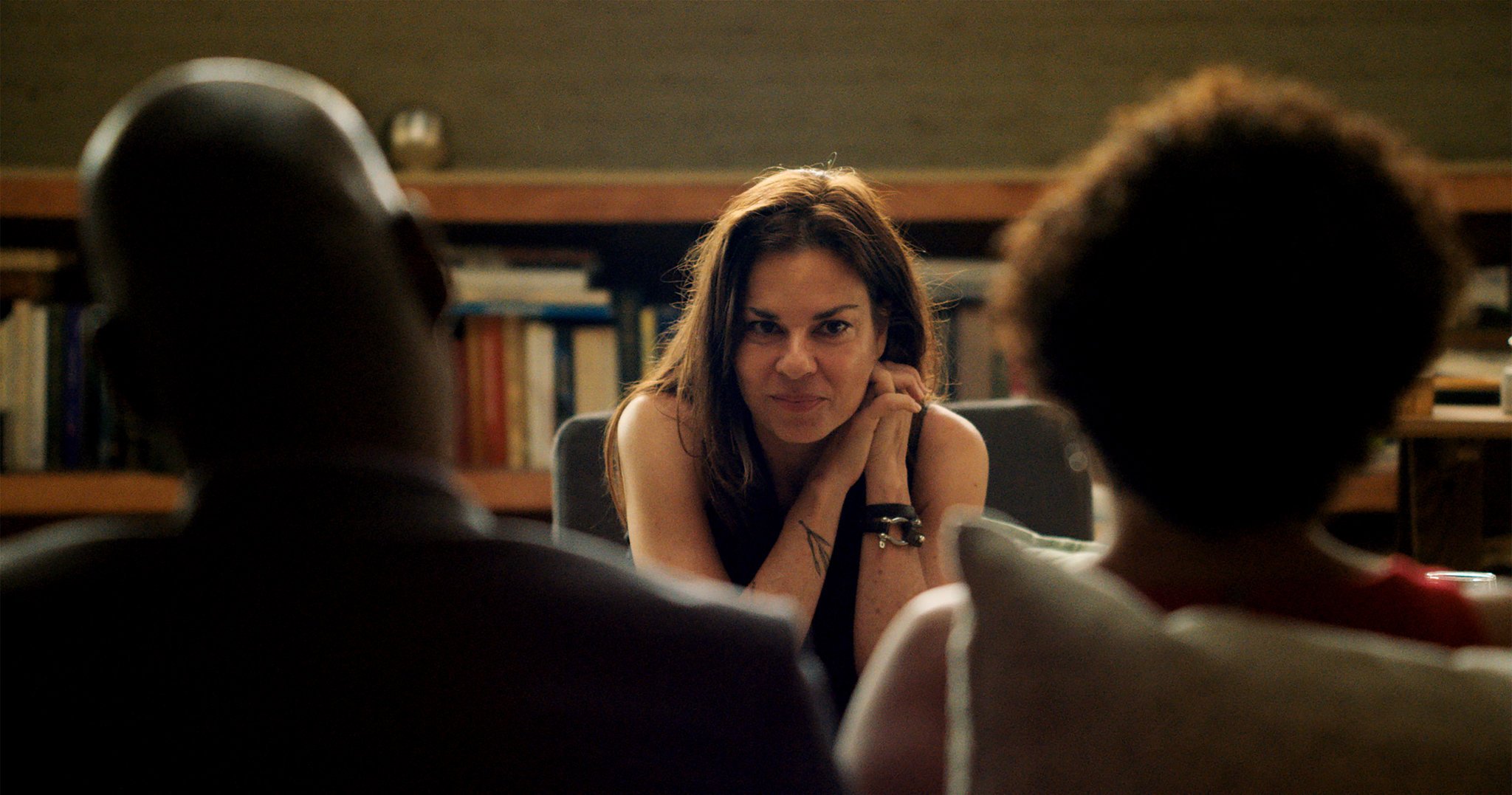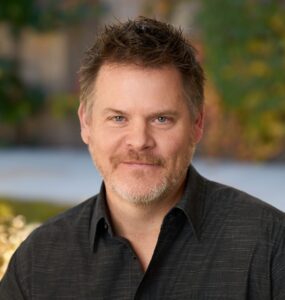Inside a Real Couples Therapy Session
What is couples therapy like?
What happens in couples therapy?
I get questions like these all the time. Today, I give you a glimpse inside my couples therapy office in Pasadena, CA.
Meet Marina and Toni
Marina and Toni walk into my office for the first time. They married in their mid-30’s, about seven years ago. We exchange greetings. Then, I direct them to have a seat in the two swivel office chairs placed with strategy in the middle of the room. There is a very comfy couch by the wall, and I can tell they’re wondering why they don’t get to sit there. I sit in the third swivel chair across from them. “Well, welcome! Nice to meet you guys. Do me a favor, turn towards each other, make some eye contact, and take turns telling your partner why you’re here.” They both look at me, surprised. This is not what they were expecting. Toni speaks first, looking at me they say, “Well, I think we’re having a hard time communicating?” Gesturing towards Marina, I redirect Toni, “Why don’t you say that to her?” With a smile, they swivel and deliver the same line to Marina. She shows an awkward smile, swivels towards me, and says, “Yeah, it’s true. We don’t seem very close anymore.”
I gesture for her to direct that back to Toni.
Like learning a new dance move, she turns towards Toni and says, “We aren’t close like we used to be. I miss you.” “Why does she miss you?” I ask Toni. They look bewildered. “I don’t know. You’ll have to ask her.” “Yeah, but I’m asking you. You know her better than anyone on the planet. What’s your best guess?” “I don’t know. Maybe because I’m not home a lot? My work is intense.” I turn to her and ask, “Is that it?” “Maybe,” she responds. “But I think it’s because we don’t have sex anymore.” “Uh oh!” I let out as we all laugh. And we’re off into the powerful and intense world of couples therapy! But what is couples therapy like? What happens in a real couples therapy session?
Don’t Believe the Couples Therapy You See on TV!
But, there are lots of other approaches.
In fact, many of them don’t fit the standard cliché often depicted in media.* In my work, for example, I combine traditional talk therapy approaches. I use trauma therapy, mindfulness, somatic therapy, Hakomi, and Stan Tatkin’s Psychobiological Approach to Couple Therapy (PACT). My approach doesn’t rely on a cognitive, top-down interpretive analysis. Instead, my approach appreciates the role that early development, attachment, emotional regulation, neuroscience, and the body play in our relationships. It tends to be active, experiential, emotional, and powerful.
Getting Down to Business
Fast-forward several sessions, and finally, Marina and Toni get a chance to be on the couch! It has become clear that Marina is struggling with being able to feel loved and connected to Toni. Despite their best efforts, she doesn’t feel loved by Toni. And so today we’re going to explore this in real-time. A powerful PACT intervention is the lover’s pose. I invite Toni to sit on the couch, get comfortable, and then have Marina lie down so that her head is resting in their lap. Over the next half-hour, I help them explore the emotions, physical reactions, nervous system activations, and memories connected to being cared for by another. “So, Marina and Toni, go ahead and look into each other’s eyes, and try to hold eye contact, ok?” Straight away, some tears are forming in Marina’s eyes. Toni’s face seems to be expressing surprise and confusion. “Toni, what is happening for her right now?” “Um, she seems sad?” “Is that right Marina?” “Yeah, I guess so. I’m not sure what’s happening.” She breaks eye contact and looks at me. I redirect her back to him. After a long pause, “Toni, let’s see what happens if you say, ‘I’ve got you.’” Immediately Marina starts to cry in earnest. Toni instinctively holds her tighter and wipes her tears away with a tissue. I don’t have to say anything here. so, I let them have this moment. It is a corrective experience, something that Marina’s nervous system is yearning for. And it’s clear that this is something welcome to Toni as well.
Sometimes, Words Are Not Enough
In Another Session
Marina was complaining to Toni about their work hour. I noticed something started happening to Toni. “I am sick of it! It’s like you don’t even care anymore. Well, you care about your damn work, but not about us, not about me! How can you think this is good? How can you not see that this won’t work anymore? I just don’t….” I let Marina go on for a bit here. And, I start to notice something changing in Toni’s body. Eventually, I say “Marina, slow down a moment. Do you see what’s happening over there right now? Is Toni still hearing you?” “No! They always tune me out?” “How do you know something has changed for them? What can you see in their body, face, breathing?” “What?” “Just slow down a minute. I know you’re upset, and you have every right to be. But, I don’t think that Toni can listen to you. I don’t think they can hear you right now. And you’re saying some very important stuff. So, first, let’s make sure they’re really with us. What do you see that has changed in Toni’s body?” “They aren’t looking at me anymore. Um. Their face, it’s kind of blank, down, flat I guess. Are you even breathing?” “Good. Why do you think this is happening?” “I don’t know. They’re overwhelmed? But they always get overwhelmed! It’s so frustrating. It’s like….” “Hang on. This happens a lot huh? It’s like Toni’s nervous system shifts here. Something else begins to happen and they can’t hear you anymore. Do you know why that happens? Where does that come from?” “No. I don’t know.” “Take your time with this.” “Their mom. Toni’s mom.”
Toni smiles. And tears come up in their eyes.
“You see that? Right when you said ‘Toni’s mom,’ there’s emotion coming up.” Marina has tears in her eyes too, “She was so mean.” “Yeah? That makes you sad too huh?” I respond. “Yeah. I hate what she did to Toni.” “So, I wonder if, knowing what we know about Toni’s past with their mom, and how their nervous system responds when people are upset if we can figure out a way to connect with them. Thus, keeping Toni present and safe, but still letting you get out what you need to get out. Marina, what are some things that help Toni feel safe, or cared for?” “Touch, they like it when I touch them. And sitting next to, not straight in front of them.” “Good. Toni if you’re ok with it, what if we try that right now?” Toni nods. “Marina, go ahead and take Toni’s hands into yours. Move your chair to their side so you’re not right in front. Make some eye contact, hold it, and say ‘Toni I love you and I miss you when you’re not here.’ Go!”
She holds their hands and moves next to them.
Then, she says without hesitation and with genuine love and care, “I love you, and I miss you when you’re not here.” Toni is now crying in earnest and collapses into her arms. She holds them and begins to cry as well. This is an example from an actual session. One that happened only about three hours ago in fact. It showcases what truly takes place in couples therapy. It’s not only a lot of talk, interpretations, and homework. This work is actual, at the moment, experience. We work with our bodies, our nervous systems, and our emotions. It’s intense, deep work.
What are Some Signs of a Good Couples Therapist?
Here is a short list of things to look for and some potential red flags:
- Having specific training and experience in couples therapy.
- Sessions are 90 minutes or longer, and the first session is at least two hours long.
- They always communicate (phone, email, text) with both of you, always, even about scheduling.
- They never meet with you individually. You always meet as a couple.
- If one person is late, the session doesn’t start until you are both present.
- They never suggest that one or both of you get individual therapy first.**
- They’re not invested in whether your relationship survives. They never share an opinion on whether you should stay together or not.
- Their focus is split 50/50. And, don’t play favorites. You both feel that it is fair.
- They have a good sense of humor, and you feel like they really care about you.
Begin Couples Therapy in Pasadena, CA
If you’re searching for a good couples therapist, I wish you luck! If I can be of any help, don’t hesitate to reach out to our Pasadena, CA-based therapy practice. The caring therapists from our team are happy to provide support! To start your therapy journey, follow these simple steps:
- Set up a free consultation. Let’s connect in real-time.
- Work with a caring therapist who will support you through the therapy process.
- Start improving your relationship!










